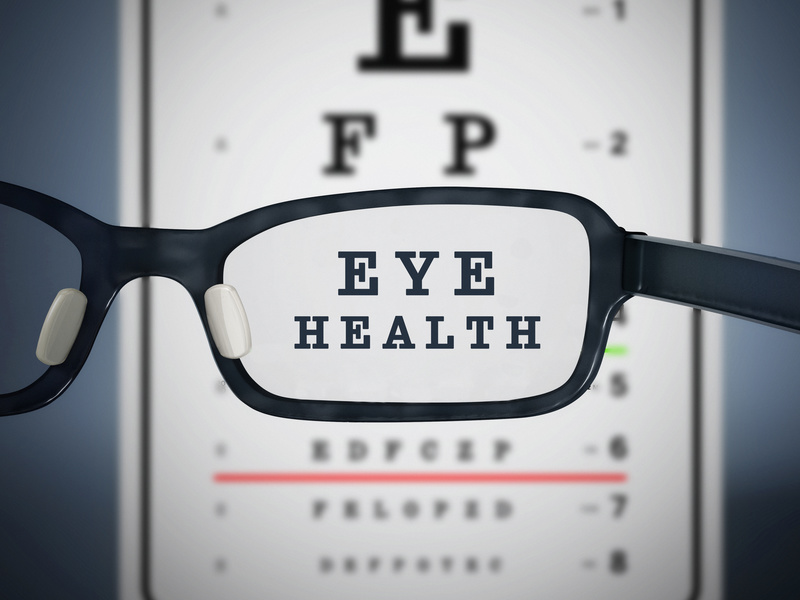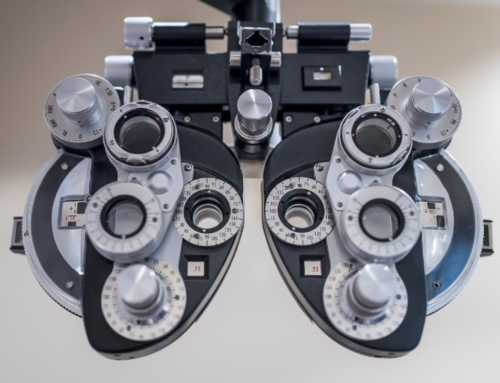It’s been proven that most people are visual learners. Exposure to materials primarily based in sight — such as the use of slides, physical demonstrations, and the written word — makes the absorption of new information much easier. When it comes to the crucial learning and development periods of children, those with vision problems are at a disadvantage; they’re forced to compensate, often on their own if the problem is not detected by trained specialists, and can end up far behind their classmates. Let’s take a look at three of the ways vision problems manifest in school-age children.
- Perceptual Vision Problems: If there is a disconnect between your child’s eyes’ ability to identify and understand what they see and their brain’s stored information, they may be suffering from a perceptual vision problem. Examples include color blindness which can negatively impact color-based learning (such as organization) in class, leading to confusion and frustration.
- Functional Eyesight Disorders: Collaboration, both between your child’s eyes and between their eyes and their brain, is necessary for successful comprehension. If they’re having a hard time staying aligned and focused through activities like reading, coloring, or performing close work, they may require the help of vision therapy (which focuses on optical exercises).
- Refractive Errors: Eyes are comprised of a variety of structures that play a role in how light and color are perceived. Any irregularities in these structures can result in refractive errors, such as nearsightedness (myopia), farsightedness, and astigmatism. Though they can easily be corrected with glasses or contacts, refractive errors can be extremely detrimental to learning if they’re not caught as soon as possible.
Statistics show that around 25% of children suffer from vision problems that could have been treated before entering school. The crux of the commonality of such a statistic falls upon vision screenings and hearing screenings. Preventative appointments, like those you’d make with your pediatrician before the beginning of every school year, shouldn’t end after a routine examination.
With the help of trained specialists qualified in sensory screening assessments, you can ensure that you know all you need to about your child’s physical health and how it may impact their ability to learn and grow.






